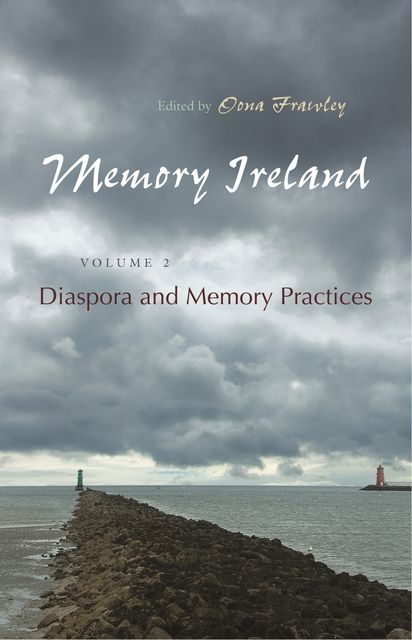In the second volume of a series that will ultimately include four, the authors consider Irish diasporic memory and memory practices. While the Irish diaspora has become the subject of a wide range of scholarship, there has been little work focused on its relationship to memory. The first half of the volume asks how diasporic memory functions in different places and times, and what forms it takes on. As an island nation with a history of emigration, Ireland has developed a rich diasporic cultural memory, one that draws on multiple traditions and historiographies of both “home” and “away.” Native traditions are not imported wholesale, but instead develop their own curious hybridity, reflecting the nature of emigrant memory that absorbs new ways of thinking about home. How do immigrants remember their homeland? How do descendants of immigrants «remember” a land they rarely visit? How does diasporic memory pass through families, and how is it represented in cultural forms such as literature, festivals, and souvenirs?

